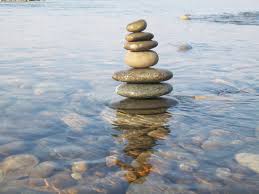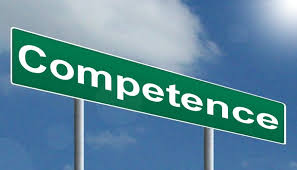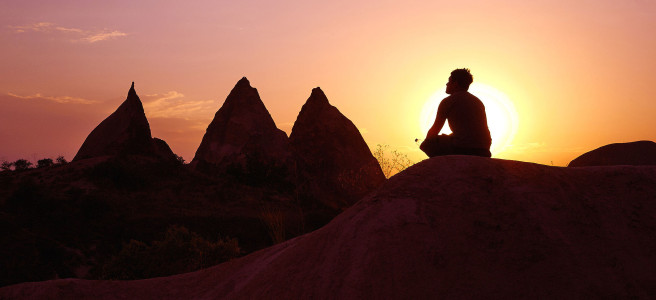You could read the latest neuroscience articles to get scientific explanations on why meditation is worthwhile. You could parooze a million testimonials of people who say its benefited them. Or, if it’s your bent, you could even find several-thousand-year-old treatises from sages and holy men who talk about transcendence, enlightenment or alleviating suffering.
However, you don’t need more reasons.
As a culture, we are extremely good at analysis and reasoning; so good that we live much more from the “head” than the “heart.” Of course, balance is what’s needed. I’m not saying don’t have a reason. I’m suggesting that if you’re gotten this far, you probably already know that it will make you more grounded, less reactive, more directed, less weary, more sincere, less stuck, more AAAAA LLLLLL IIIIII VVVVVV EEEEEEE !!!!!!!
In turn, rather than dive more into the reasons, today I’ll invite you to plunge into your “heart,” your passion, your deep inner well of motivation—that felt sense of I will live my priorities no matter what comes challenges come my way.
Firstly, consider what impulse led you to reading this post on meditation.
Dive into that impulse a layer beneath the surface. Is it the same thing that’s led you to caring about the world or trying to live consciously and deeply?
That “thing” is a raw feeling. It’s nothing you could neatly condense into a “reason.” It’s a pull of your heart. An innate curiosity. A longing of your soul.
Here’s one of the most important questions I’ll ever ask, so take a moment to actually feel into it before answering: Continue reading →



